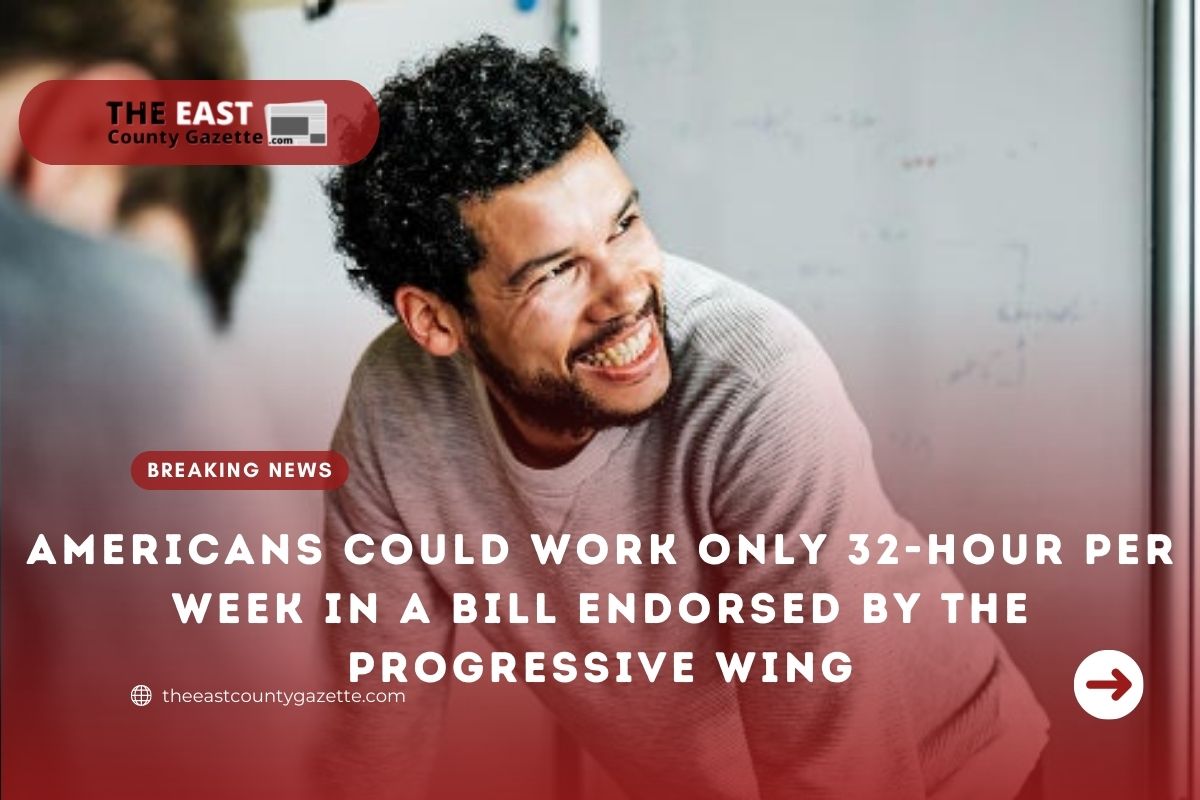Congress’s progressive wing is currently pushing for Americans to work fewer hours per week.
The latter was introduced in a “32-Hour Workweek Act” by Rep. Mark Takano (D-CA), a member of the Congressional Progressive Caucus.
Rashida Tlaib (D-MI), Jan Schakowsky (D-IL), and Chuy Garc*a (D-IL) cosponsored the proposed bill.
The Congressional Progressive Caucus announced on December 7 that the bill has been formally endorsed.
“After a nearly two-year-long pandemic that forced millions of people to explore remote work options, it’s safe to say that we can’t – and shouldn’t – simply go back to normal, because normal wasn’t working,” Takano explained.
“People were spending more time at work, less time with loved ones, their health and well-being were worsening, and all the while, their pay has remained stagnant. This is a serious problem.”
In the 1930s, the Fair Labor Standards Act was passed and the 40-hour workweek was standardized.
The 40-hour workweek has continued to garner modification suggestions from political figures ever since.
Currently, four-day workweeks are being trialed in countries such as Ireland, Scotland, Japan, and Sweden.
Meanwhile, the four-day workweeks trials were just completed in Iceland.
In 2019, Teen Vogue columnist Kim Kelly clarified that the demand for eight-hour workdays and two-day weekends was a response to labor and exploitative labor conditions, especially on children, despite the fact that undocumented workers are still exploited beyond the current labor laws.
Read More: Musk Takes Jibe at Biden As He Suggests People Over 70 Shouldn’t Run for Office
Contemporarily, there have been discussions recently about a four-day workweek.
With the pandemic sweeping the nation, workers are beginning to look at the move as an answer to widespread burnout and dissatisfaction among employees.
“According to a 2019 report published by People’s Policy Project in collaboration with The Gravel Institute, in one year, the average American works more hours than the average worker in any peer nation,” Teen Vogue contributor Rainesford Staufford wrote earlier this year.
“According to the WHO study, overwork is the single largest risk factor for occupational disease and has significant impacts on physical and mental health.”
“For far too long, workers across this country have been forced to put in longer hours as their wages barely budge,” the Congressional Progressive Caucus chair, Rep. Pramila Jayapal (D-WA), said.
“It is past time that we put people and communities over corporations and their profits — finally prioritizing the health, well-being, and basic human dignity of the working class rather than their employers’ bottom line. The 32-hour workweek would go a long way toward finally righting that balance.”

